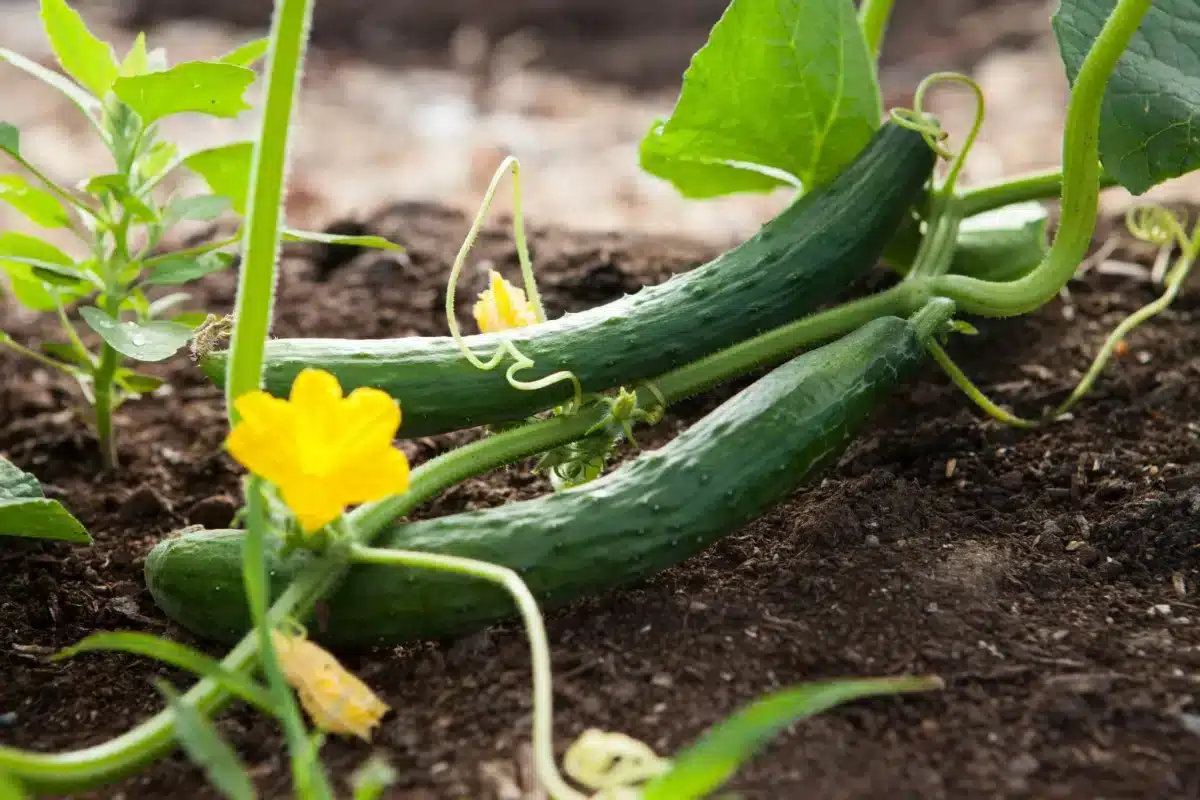According to Harvard Business Review, the global population has quadrupled over the last century. In 1915, the world was home to 1.8 billion people; today, 7.7 billion people are driving up global food demand, which is expected to increase anywhere between 59% and 98% by 2050. But food production isn’t keeping pace.
This begs the question: how will farmers keep up to feed a growing world? They will need to farm more intensively, but also more sustainably in order to double food production by 2050.
At the moment, many modern agricultural practices are moving us backwards, with severe environmental problems occurring as a direct result of these methods. Faced with an ever-growing population, farmers are forced to resort to farming practices that increase short-term productivity but compromise the natural environment.
The world needs a food and health system transformation
Many people think of food security as exposure to illness from either microbiological or chemical contamination. But there’s more to food safety than just food poisoning and contamination. The health impacts of our food systems and the role they play in shaping our health outcomes touch social, economic and environmental domains. Yet, too often, today’s food systems result in harm to humans, animals and the environment. We need to shift to systems that do the opposite.
Food safety is linked to all aspects of our food systems, including:
- Fair and affordable access to food (According to the United Nations’ “The State of Food Security And Nutrition in the World 2020” report, healthy diets are at least five times more expensive than diets that meet basic dietary energy needs)
- Poverty and injustice
- Weakened and compromised immune systems
- Availability of culturally relevant, appropriate food
- Occupational hazards
- Environmental contamination
- Climate change
The issues mentioned above are all interconnected, pointing to systemic failures in our food systems in the way food is
- Grown
- Processed
- Distributed
- Marketed
- Eaten
- Disposed of
What are the current challenges to effective food production?
- Biodiversity loss
- Pollution by pesticides, herbicides and fungicides
- Pollution by chemical fertilisers
- Climate change – which leads to rising global temperatures, water scarcity and extreme weather
- Overgrazing
- Soil crusting
- Urbanisation
- Lack of investment
What does radical food system change look like?
- We need to take an integrated and inclusive approach (with human, ecological and animal health at the forefront)
- Governments need to develop new policies that build and maintain sustainable food systems.
- Agricultural subsidies should move away from harmful practices to incentivising sustainable, safe and healthy food production.
- Financial support should be readily available to research needs directed towards public issues.
- Different sectors of society (at sub-national, national and international levels) need to connect and collaborate to come up with food security solutions.
- We need to support the localisation or regionalisation of food systems.
- Shorter supply chains need to be created to increase food access, build resiliency, support local economies and protect cultural traditions and livelihoods.
The important move towards more sustainable food systems
The most feasible solution for the world’s impending food crisis is for farmers to start farming more sustainably. Sustainable farming is based on five pillars that frame the space in which farmers and other stakeholders must operate in order to be successful at genuinely engaging in sustainable agriculture. They are:
- Maintaining and increasing biological productivity
- Decreasing the level of risk to ensure larger security
- Protecting the quality of natural resources
- Ensuring agricultural production is economically viable, and
- Ensuring agricultural production is socially acceptable and accepted
By applying ecological principles, farmers can begin to design and manage sustainable agroecosystems that mimic natural cycles and ecosystems.
The need for stable support structures
Farmers alone are not wholly responsible for sustainable land management; it is only through long-term support and investment that we can achieve the goal of environmental maintenance along with increased production. Government, non-governmental organisations, global policy-makers and the private sector need to join together to develop guidelines and policies that promote sustainable agricultural practices.
Where to start farming more sustainably?
Sustainable farming innovations are the solution to ensuring that we can nourish the human population in ecologically regenerative ways for years to come. But the prospect of changing the way things have always been done can seem (understandably) overwhelming.
At Zylem, we believe in starting with the earth itself – by addressing the health of the soil, you can have a direct impact on the health of the entire ecosystem. Our experienced advisors are able to assess your unique circumstances in order to set you on the appropriate path towards sustainability. Contact us today to find out how we can help you tap into the Earth’s natural resources with sustainable management strategies.

About the Author: Alex Platt
Alex is Business Development Manager at Zylem. He’s inspired by the potential of regenerative farming and takes a special interest in the technology and products that are moving agriculture in a more sustainable direction.

